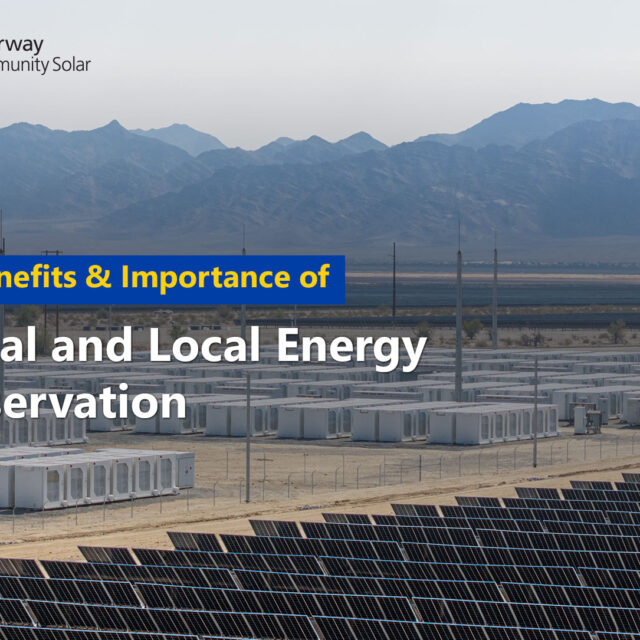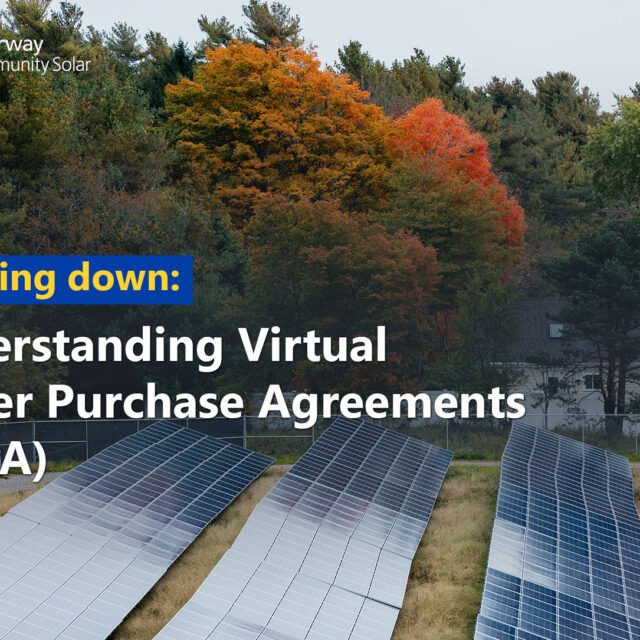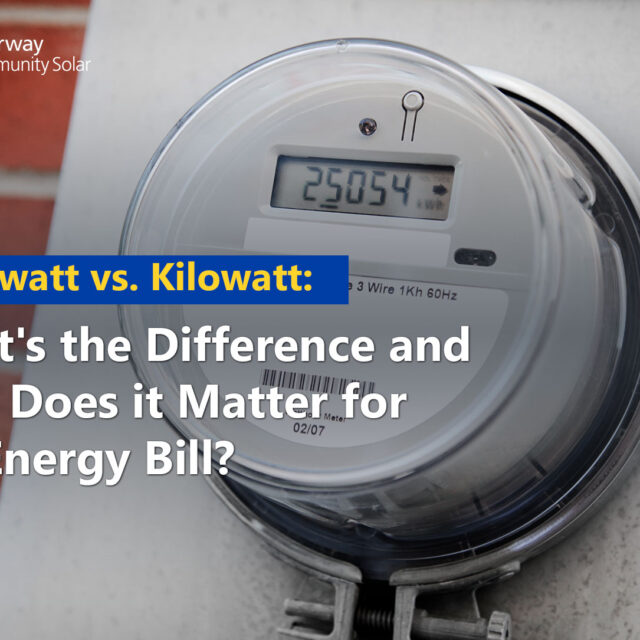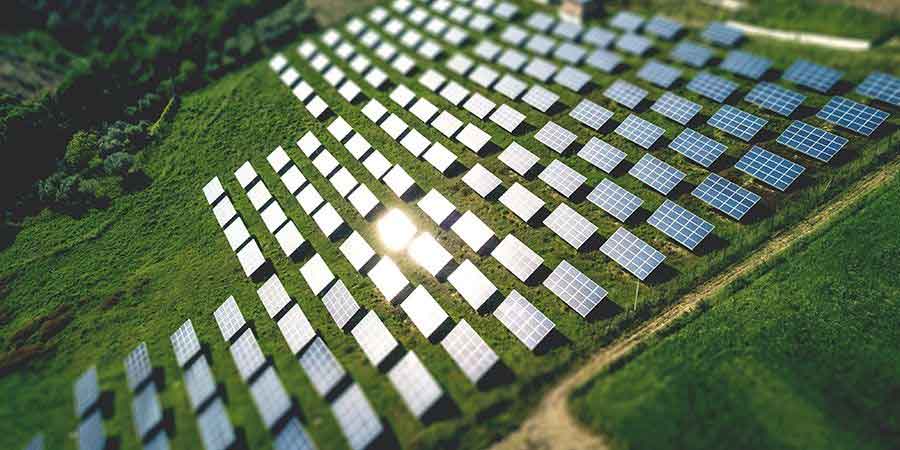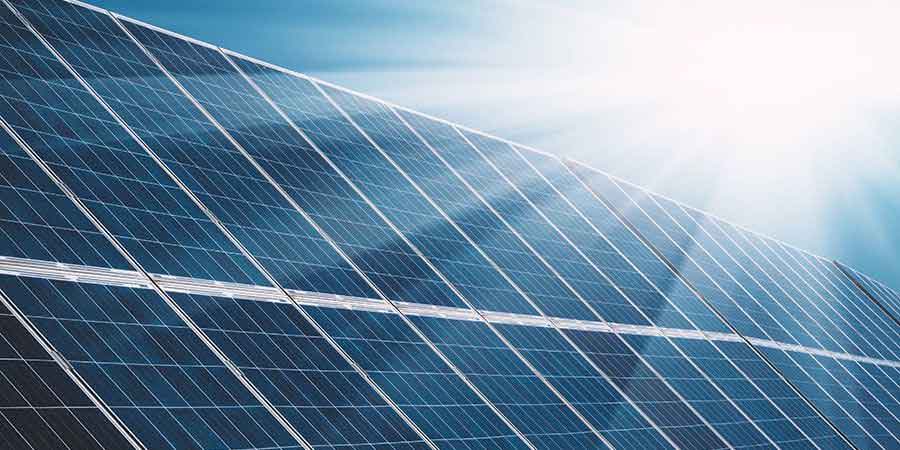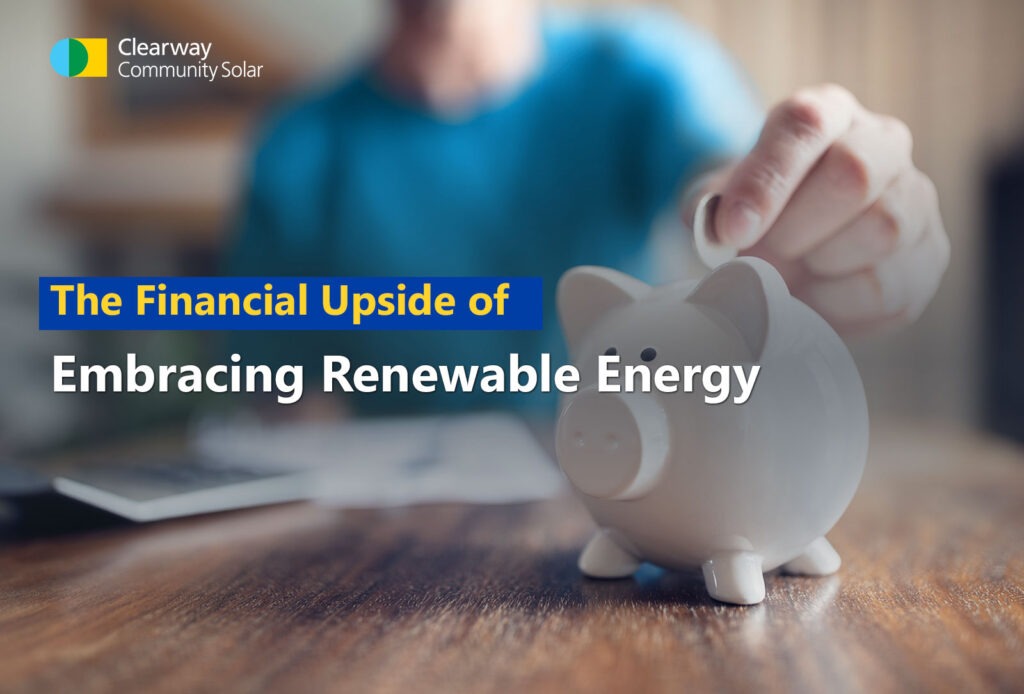
With rising inflation and economic uncertainty, it’s no surprise that people are looking for ways to save money and stay financially secure. Luckily, renewable energy resources like solar and wind offer a promising solution. These sustainable options not only provide environmental benefits but also bring significant economic advantages to households, businesses, local communities, and society.
The renewable energy market is thriving and showing no signs of slowing down. According to the International Renewable Energy Agency, data shows that nearly 95% of the increase in global power capacity by 2026 will come from renewable resources. Meanwhile, fossil fuel prices—like oil and natural gas—remain unpredictable, with sudden spikes that hit consumers hard. Switching to renewable energy isn’t just a way to navigate these challenges; it’s also an opportunity to enjoy long-term financial benefits.
Forms of Renewable Energy
Renewable energy comes from naturally replenished and sustainable sources. Some of the most common types include:
- Solar Energy: Captures sunlight using solar photovoltaic panels to generate electricity or heat. Solar power is versatile and can be installed on rooftops, open land, or as part of community solar projects.
- Wind Energy: Uses wind turbines to convert kinetic energy into electricity. Wind farms, both onshore and offshore, are among the most rapidly growing sources of renewable wind power.
- Hydropower: Generates electricity from the flow of water, often through dams. It’s one of the oldest and most reliable forms of renewable power.
- Geothermal Energy: Harnesses heat from beneath the Earth’s surface to generate electricity or provide direct heating.
- Biomass Energy: Produces energy from organic materials like wood, agricultural crops, and waste. Biomass can be used for heating, electricity, or as biofuels for transportation.
The Economic Benefits of Renewable Energy Sources
Switching to renewable energy isn’t just about protecting the environment—it’s also a smart financial move. Renewable energy offers tangible economic benefits that can positively impact households, businesses, and even local governments.
Lower Energy Costs Over Time
One of the most immediate advantages of renewable energy is the potential for lower energy bills. While the initial investment in renewable systems like solar panels can be significant, the savings over time more than make up for it. Solar and wind energy have minimal operating costs since they don’t rely on expensive fuels.
Households with solar panels can significantly reduce or even eliminate their electricity bills. Businesses adopting renewable energy can stabilize energy costs and protect themselves from price volatility in fossil fuel markets. In many regions, government incentives and tax credits further reduce the upfront costs of renewable installations.
Wondering how community solar could impact your electricity costs? Try out our solar savings calculator.
Job Creation and Economic Growth
The renewable energy sector is a powerful engine for job creation. From manufacturing and installation to maintenance and operation, renewable energy projects create new job opportunities across a wide range of skill levels. According to the U.S. Department of Energy, clean energy jobs grew at more than twice the rate of overall U.S. employment in 2023.
Investing in renewable energy development and renewable energy jobs often stimulates local economies. Wind farms, solar projects, and other energy production installations require materials, labor, and services, creating ripple effects that benefit communities.
Increased Property Value
Homes and businesses with renewable energy systems often see a boost in property value. Studies show that solar-equipped homes sell faster and for a premium compared to those without. Buyers recognize the value of lower energy bills and the long-term benefits of renewable energy systems.
Properties with energy-efficient features also tend to attract higher rents and better occupancy rates in the commercial sector, providing property owners with an edge in competitive markets.
Diversification of Energy Markets
For consumers, a diversified energy market translates to more predictable and manageable energy costs. Businesses and households benefit from greater stability, which helps protect budgets from sudden increases in utility bills.
On a larger scale, supporting renewable energy generation fosters local energy independence and reduces reliance on imported fuels, strengthening the economy and creating opportunities for growth.
This reduces reliance on imported fuels and shields economies from global energy market disruptions. A more resilient energy grid benefits everyone, minimizing the risk of blackouts and energy price spikes.
Corporate Sustainability as a Financial Strategy
Corporate sustainability initiatives, including renewable energy and clean energy adoption, attract investors and customers who prioritize environmental responsibility. Companies that integrate renewable power into their operations often enjoy enhanced brand reputation, increased customer loyalty, and even better access to capital.
Major corporations like Amazon, Google, Verizon, and Meta (Facebook) are paving the way, demonstrating that incorporating renewable energy technology into the supply chain at various stages of production is both a moral imperative and a smart financial decision.
How Community Solar Can Help
While installing renewable energy systems like solar panels can be cost-prohibitive for some, community solar offers an accessible alternative. Community solar projects allow multiple participants to share the benefits of a single solar array, often located offsite.
Subscribers receive credits on their electricity bills for their share of the energy produced, making it an excellent option for renters, homeowners without suitable rooftops, and small businesses.
Community solar offers several key benefits, including:
- Cost Savings: Participants can enjoy lower electricity bills without the upfront cost of installing solar panels.
- Accessibility: Provides renewable electricity options to those who might not otherwise have access, such as apartment dwellers or low-income households.
- Flexibility: Subscribers can typically join or leave a community solar project without long-term commitments.
- Environmental Impact: Community solar contributes to the broader transition to clean energy, reducing greenhouse gas emissions and reliance on fossil fuels.
Getting Started With Clearway Community Solar
There are more ways than ever to incorporate solar energy into your daily life, and Clearway Community Solar makes it simple and affordable. With community solar, individuals and businesses can subscribe to a nearby solar farm without the need for equipment or property modifications. As the solar farm generates electricity, subscribers earn credits on their utility bills, lowering energy costs while supporting renewable energy growth.
Clearway offers flexible plans with no upfront investment, making the transition to clean energy accessible to everyone. This approach not only helps reduce energy expenses but also contributes to a more sustainable future by supporting local clean energy initiatives. Click here to get started now.
